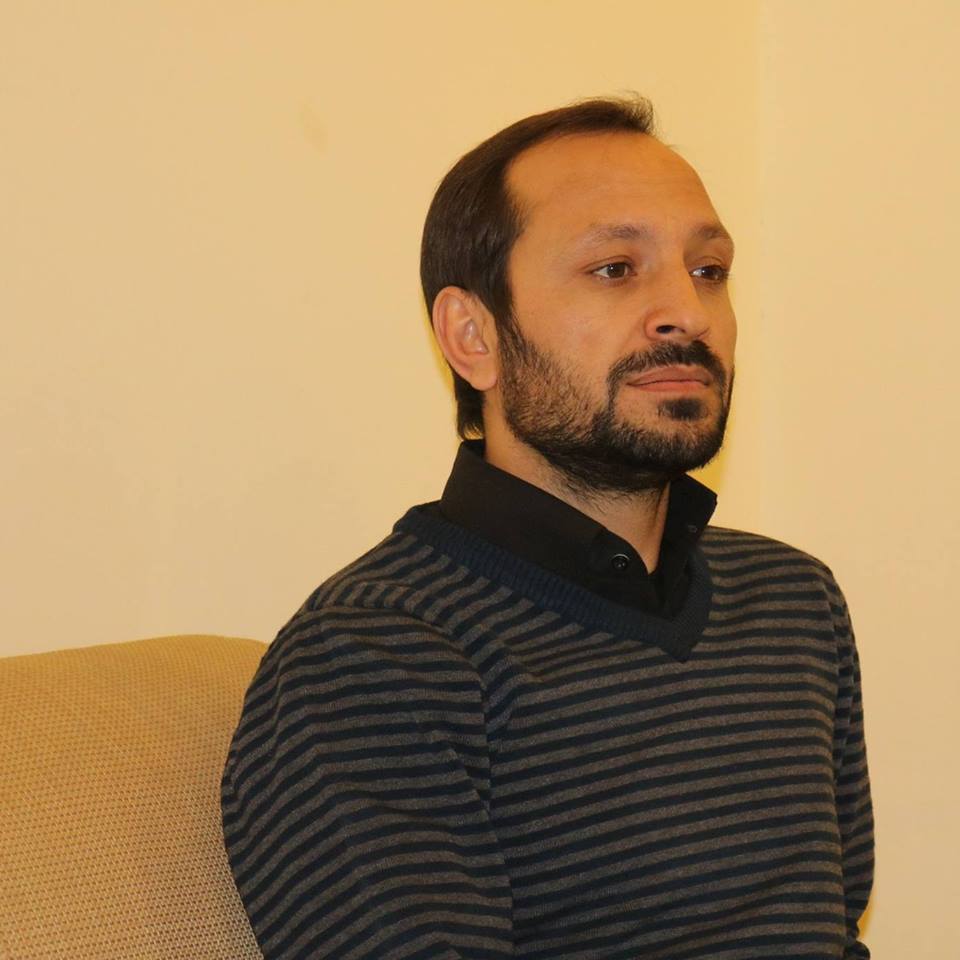Anna Garlin Spencer, a well-known educator had said, “The essence of democracy is its assurance that every human being should so respect herself/himself and should be so respected in her/his own personality that s/he should have opportunity equal to that of every other human being to show what s/he was meant to become.” That means we, Pakistanis, have a long way to go if democracy is what we actually seek for our people.
A lot of democratic states have achieved the real essence of democracy for their people. Consequently, democracy can be termed as the best system. And indeed it is the best system if it is run by the most capable people living in the state. However, in the third world countries, including Pakistan, a lot is desired to be seen. It is unfortunate that Pakistan’s democracy has so far been run by the worst of its citizens. There may be few exceptions but they’ve been too meek and submissive to alter the well-entrenched trends of the country’s democratic culture.
Exploring the political history of Pakistan, we see that democracy has kept coming between military regimes like commercials between a TV drama serial. The tragic demise of the Quaid e Azam, followed by the assassination of Liaquat Ali Khan, was, in fact, the death of democracy in Pakistan. Since then, for several reasons, came the rise of the bureaucratic-military elites in Pakistani politics continually suppressing future of democracy.
To start with, democracy was not given ample time to evolve but rather came as an imposition by the British in 1947, thus there was a lack of democratic culture and its associated values. Moreover, Pakistani society consisted of the tribal or feudal landscape. These landlords and feudal hijacked the political system. Regrettably, tribalism or feudalism, as a political system, has certain values connected to it which discourages mass level participation, where the relationship is preferred over merit and patronage takes over the rule of law. All this meant that our political elite did not embrace the idea of democracy committedly and that is why there was no strong resistance whenever an elected government was sacked by the military. Consequently, we can count a number of gross failures of democracy in our history. To blame for these failures are the political leadership, army, and bureaucracy who are equally responsible.
In Pakistan, the democratic process remained stagnant for the much longer period than is desired. The decision making structure of the state, a clash between main organs of government such as judiciary and executive, the manipulation of bureaucracy by the military, the weak organization of political system, from the parliament, the incompetence and lack of vision of the corrupt feudal and the inexistence of a robust civil society as well as academia; have so far contributed to downplay the importance of democracy in the eyes of the common men.
The worst impact of this consistent failure of democracy has resulted in a vast majority of the population perceiving democracy as hollow sloganeering. Unfortunately, the political psyche of the people is also very negative due to low level of political awareness and socialization. Media, educational institutions, networks and public forums all seem to work for vested interests most of the times, and have badly failed to infuse political consciousness into the people.
How then, can the faith of people on democracy be restored? There is no short cut, rather this could be a long evolutionary process. And there is no doubt that the political harmony and democratic evolution is facilitated primarily by political parties and leaders, therefore, they hold the key. To get underway, the saner elements of political party leadership must first admit that there is a serious disconnect between them and the masses. Secondly, they must find ways to substitute serious, scientific and analytical study of the societal problems. Thirdly, they must define a vision and influence their respective political parties to work for political consensus building and political stability and continuity. If, for instance, the level of debate in the two houses of the parliament and provincial assemblies is enhanced, with maximum quorum ensured, identifying and dealing with problems may not be a great challenge. And if the ministers and parliamentary secretaries are regularly available in the house to respond to questions highlighted by the members, issued will be addressed in a timely manner.
To change the perception of people regarding the democratic system the government can initiate a process of reformation. And for the government in power certain things may not be as great a challenge as perceived by many. They can reform the police structure, enhance the educational and healthcare systems and can take initiatives for environmental conservation. Many of the issues can be tackled with ease if powers are devolved to the grassroots level. Without elected local governments, no regime can claim to be a democratic one. And it is governance at the grassroots level that can actually give a feel to the people that they are empowered. Now with a popular new government about to be sworn in, there is ample hope that all this could be a reality.
Last but not the least, the real essence of democracy cannot be realized if it is left alone to the politicians, media and other institutions. To change the perception of people and to hold the government accountable, each individual, as part of the civil society can play an important role by highlighting the importance of democratic principles. They can help promote political participation and help highlight democratic values such as tolerance, moderation, compromise, accountability and respect for opposing points of view. Civil society shall be a monitor, but also a vital partner to help develop a positive relationship between the democratic state and its citizens.

